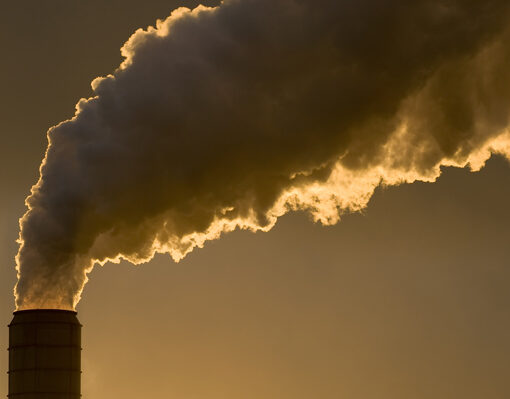For Immediate Release
September 28, 2017
Contact: Katie Huffling, Executive Director ANHE
240.753.3729
katie@enviRN.org
New Report Arms Nurses with Tools to Advocate for Clean Water Protections
Nursing community warns about threats to clean drinking water and negative impacts of pollution on the health of children and families
(Washington, D.C.) “Water and Health: Opportunities for Nursing Action”, a new report from the Alliance of Nurses for Healthy Environments (ANHE), outlines the importance of access to clean water for public health and the critical advocacy role that nurses can play in strengthening clean water protections. With this report, ANHE reminds stakeholders that millions of Americans are at risk of exposure to contaminated water that can make people sick, further underscoring the importance of robust public health protections, including the Clean Water Rule, to keep our environments safe and clean, free from chemicals that can lead to worse health outcomes.
“Nurses live on the front lines of health and have a keen understanding of how strong environmental and public health standards help keep communities healthy and safe,” said Katie Huffling, a nurse and Executive Director for ANHE. “When families turn on their faucets at home to cook food or bathe, they expect clean water to flow through those taps that won’t make them or their children sick. As government officials consider a rollback in these basic protections, we want to make sure nurses have the tools they need to be strong advocates on behalf of the most vulnerable populations–children, the elderly, low-income families, and expectant mothers– who are at significantly greater risk of life-threatening health concerns.”
“Water is life,” said Kathleen Curtis, a nurse and Executive Director of Clean and Healthy New York, “and we ignore that at our peril. Sources of safe, healthy drinking water are being lost to contamination, drought, and climate change. Now more than ever nurses are needed to serve as important, credible voices for clean water protection.”
This ANHE report comes on the heels of the closing of the public comment period for the Environmental Protection Agency (EPA)’s review of the Clean Water Rule, a policy the Trump administration has targeted for potential elimination.
The EPA passed the Clean Water Rule in 2015 to expand the Clean Water Act’s basic protections of smaller bodies of water. Despite resounding support for the rule and its evident health benefits, President Trump signed an Executive Order in February asking the EPA to dismantle the rule.
The report provides a snapshot of threats facing America’s clean water supply from policy, energy extraction and production, climate change, and environmental contaminants.
-
Without strong protections, drinking water could be contaminated by heavy metals such as lead due to poor infrastructure, chemicals may be released into water during mining and extraction processes, and a host of waterborne pathogens and bacteria will be left unfiltered. Exposure to contaminated water may lead to a myriad of health issues, including “cancer, birth defects, neurological effects, learning disabilities, and asthma”.
-
The frequency and intensity of heavy precipitation events has increased across the U.S. Flooding and surface runoff can affect water quality by polluting water sources and damaging infrastructure, leading to contamination of drinking water supplies. Increases in flooding affecting healthcare facilities will likely lead to more outbreaks and incidence of disease.
-
There will be less water available across sectors. Drought conditions are expected to worsen across the U.S., with the Southern regions most at risk for long-term droughts. Reductions in the water supply will directly impact public health and create competition for water.
Nurses deal first hand with the impacts of water contamination problems. The report encourages nurses to advocate for clean water protections at local, state and federal level and work within healthcare institutions and practice settings to bring awareness to the connection between clean water and health. At the federal level, nurses can advocate for strengthening protections like the Clean Water Rule that keep families, children, and communities safe.
###
The Alliance of Nurses for Healthy is Environments is a collaborative of nurses from across the country who promote healthy people and healthy environments by educating and leading the nursing profession, advancing research, incorporating evidence-based practice, and influencing policy.




